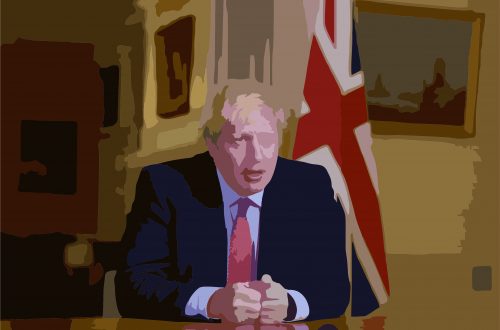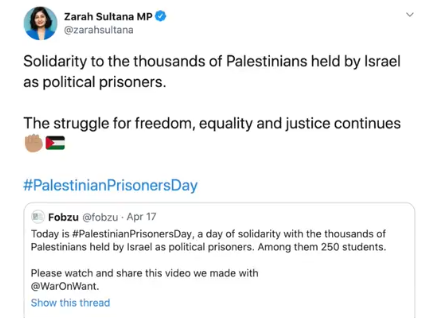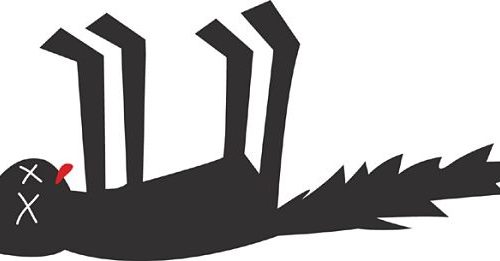This is a cross-post from Peter Tatchell
The flaws and failings of the latest New Year Honours list highlight, yet again, the need to reform the system by which honours are granted.
Awards to Olympic heroes grab the headlines but they disguise the reality that a majority of the top honours go to senior Establishment figures – not to ordinary people who’ve notched up remarkable achievements or to selfless, unpaid charity workers.
Hector Sants, the former head of the Financial Services Authority, got a knighthood, despite presiding over the banking crisis. He has been accused of failing to adequately regulate the banks and condemned for not pushing for the prosecution, under the Fraud Act 2006, of Fred Goodwin and the Royal Bank of Scotland.
For some people, The Queen’s personal awards seem hard to justify. She gave honours to the royal switchboard operator, a stud groom, her forestry and farm managers and to the dresser to the Duchess of Cornwall. These people are no doubt nice and diligent. But they have done nothing special. They made no outstanding contribution above or beyond their paid employment.
I’m a big fan of Ewan McGregor but does he really deserve an OBE for being a celebrity actor and doing a bit of charity work on the side? The same goes for the lovely Kate Bush, now a CBE after having already enjoyed a very lucrative, fame-drenched singing career.
When Kelly Holmes took double gold on the track in Athens in 2004, she was made a Dame. Mo Farah achieved a similar feat winning both the 5,000m and 10,000m in 2012. Despite being one of only seven men in history to have won double gold in these two events at the same games, he received no knighthood – just a CBE. This seems a tad inconsistent.
Lots of local community volunteers have received honours. Bravo! But they’ve tended to receive low order honours, such as MBEs. Wealthy and powerful people have bagged most of the really prestigious awards, like knighthoods.
The public may well wonder why so many members of the ruling elite – such as business leaders and senior civil servants – received an honour for doing what are highly esteemed and very well paid jobs. They took no personal risks and endured no hardship for the benefit of others.
Moreover, titles such as knighthoods and British Empire honours strike me as rather anachronistic – absurd relics from the oppressive feudal and imperialist eras. They’re out of step with twenty-first century, meritocratic Britain.
Yes, it is time to reform and rename the honours system. First, let’s ditch the aristocratic titles in favour of something more modern and egalitarian. How about the Order of Britain? Second, the method of choosing recipients should be made more transparent and accountable, with a standard set of criterion for deciding who gets an award. Third, honours should be limited to people who have shown great bravery, exceptional achievement beyond what they are paid to do, or who have performed decades of unpaid volunteer and charity work.
I have been sounded out three times in the past about an honour for my 45 years of unsalaried human rights work, but I declined. I don’t want to be tainted by a tainted honours system.


